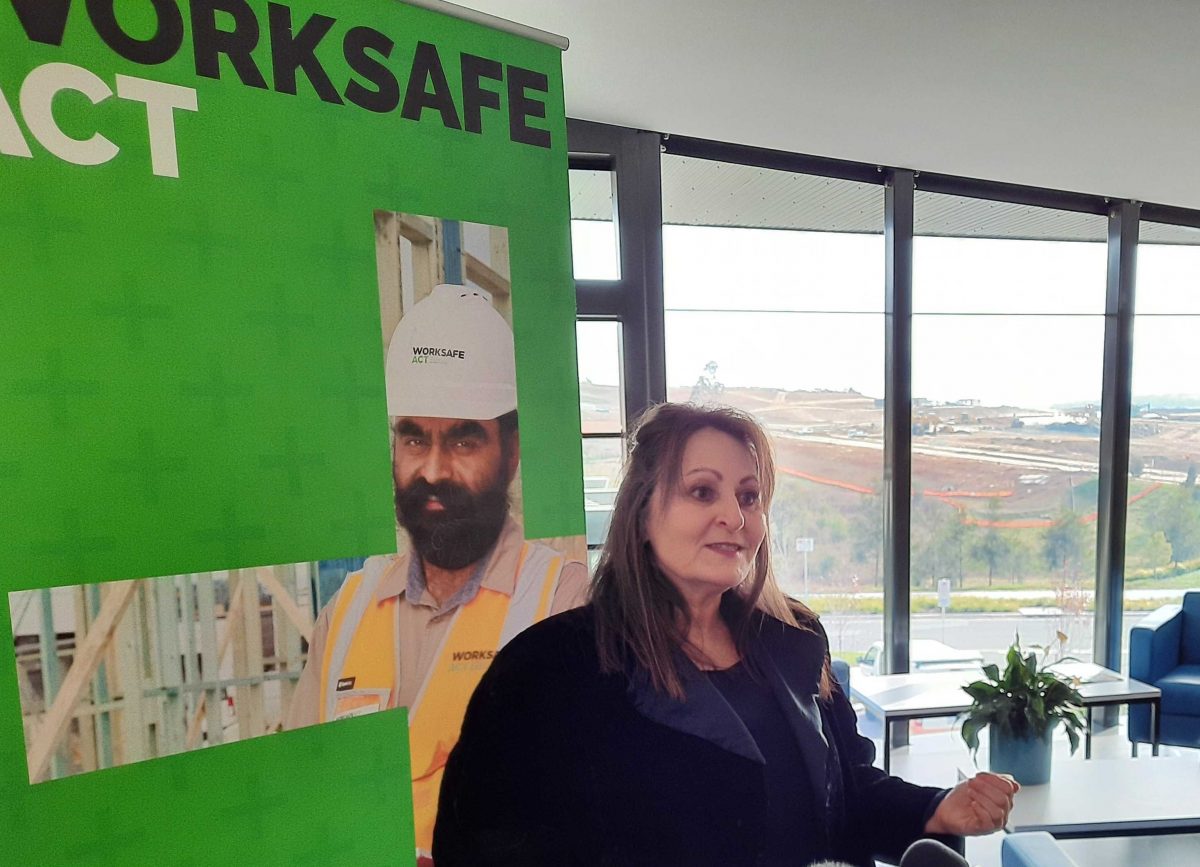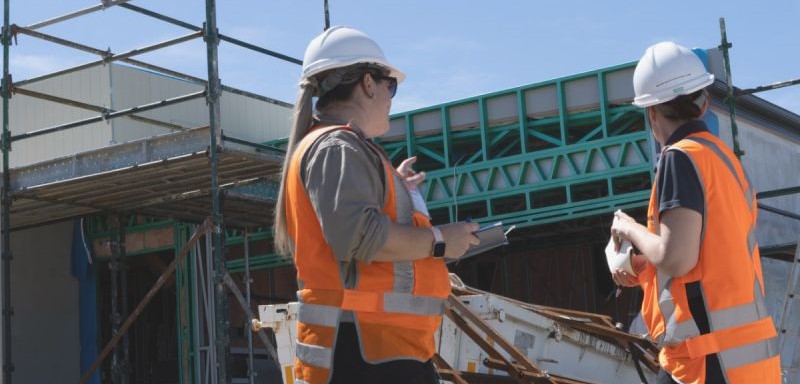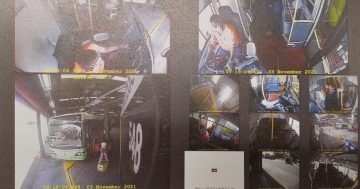
WHS Commissioner Jacqueline Agius has been in charge of the ACT’s workplace regulator since 2020. Photo: Ian Bushnell.
Experienced WorkSafe staff were purged in a systematic campaign designed to clean out an alleged toxic male culture at the new independent authority when Commissioner Jacqueline Agius took over in 2020, former employees say.
Over two years, the new authority lost inspectors and investigators with decades of combined experience to a combination of redundancies, organisational change that required reapplying for a new position, and petty or trumped-up misconduct charges.
Anyone who complained was warned off or found themselves on the outer, the former staff said.
Region has spoken separately to multiple former staff members from that period, some of whom were experienced former police officers, who all tell a similar story about the clean-out.
A more contemporary former employee confirmed to Region that Commissioner Agius had told her that the authority had got rid of everyone who was “bad” and had “fixed” its culture.
This was in response to the former employee’s suggestion that WorkSafe needed a specific people and culture officer.
“The Commissioner herself told me that she got rid of people because they were so misogynistic,” they said.
One former employee who left in 2022 said he was unaware of any agenda against male staff until a new female team member who had been avoiding him for a couple of months finally said she owed him an apology.
He said the woman said that on her first day, the leadership team had told her to be careful and stay clear of him because he was the last one from the toxic male culture that they had to get rid of.
“That nearly brought me to tears because I’ve got a daughter and a wife and I do my best not to be some sort of misogynistic pig, and then to find out that’s what the Commissioner thought of me actually really affected me,” he said.
The former team leader recalled being pressured to advise certain team members to take voluntary redundancies, saying he was told they really had no options.
Two actually wanted to take VRs but were refused because management wanted them to be a trainer; however, after bringing in the CPSU and briefing the union on what was happening in the office, their packages were instantly approved and they were gone immediately.
One colleague learnt that his position had been abolished at an organisational change meeting and that he had to apply for a new role, although there was no chance of him being selected.
“To put that in front of everybody and the way they did that was just straight-out bullying and harassment,” the former team leader said.
“There’s no other way to look at it.”
However, that employee had to face an investigation from the Professional Standards Unit for allegedly making an “inappropriate” comment before having to leave due to the effect the situation was having on his health.
When it became clear that there was an ongoing system of strategically targeting people, the former team leader tried to raise it with his manager but was told it would be “politically unwise”.
“There was literally nowhere for someone in WorkSafe to raise a complaint because you would get the same response,” he said.
At least two others were victims of specious charges involving the Professional Standards Unit that, even when not proven, forced them out in the end.
The use of Preliminary Assessments, usually reserved for serious misconduct, became so common that the term “to PA someone” passed into the WorkSafe lexicon.
Another former employee ran into trouble when they made a harassment complaint against a senior manager for which they received a half-hearted apology, but then found themselves fighting a misconduct charge over alleged misuse of a car.
They were exonerated, but the process took a toll on their health and forced them to leave.
Another former employee said the complaints process was used to intimidate and punish people who wouldn’t toe the line, with many charges raised to start the process that came to nothing.

WorkSafe ACT inspectors on the job. A recent former employee says staff need legal training. Photo: WorkSafe ACT.
The legacy of the clean-out is an organisation short on corporate memory and experience.
The more recent employee, who has a legal background, said many WorkSafe staff, including managers, were ignorant of the law and how to work within the law.
They said there were many prohibition notices slapped “willy nilly” on workplaces that shouldn’t have been, but it was all for the statistics.
“Those people who were gung ho like that then got promotions, but then, in that promoted position, they would then tell the junior staff under them to do the same,” they said.
They said the organisation’s managers seemed to have an overblown idea of their independence.
Many staff had come in from outside the public sector and did not understand their rights or how a public sector organisation should conduct itself.
“So they’ll stay because they don’t know that it’s not right, and a lot of them are so happy to have gotten a job in government that they won’t leave and they’ve got nothing to compare it to, so they don’t see that it’s not right. They’re a bit oblivious to it,” they said.
However, those with some experience inevitably left, despite their best intentions of making a difference in the work safety area.
The former employee said Commissioner Agius believed the high staff turnover was due to people using WorkSafe as a training ground and stepping stone to other government agencies, not that something was fundamentally wrong with the authority’s culture.
WorkSafe also resorted to offering higher-paid positions in administration to those giving notice in a bid to stem departures, but this has only bloated the administrative/bureaucratic side at the expense of field operations, not to mention violating merit principles.
The former employee said WorkSafe needed specific help with its culture and training, especially the law.
“It’s a mess,” they said.
Many of these issues include the alleged use of Preliminary Assessments as a punitive tool and were the basis of the May 2023 CPSU letter to the ACT Government which the Commissioner claims to have never seen until Region‘s inquiries.
WorkSafe refuses to comment due to a current Federal Court case involving former inspector Leith Dawes.
Original Article published by Ian Bushnell on Riotact.








